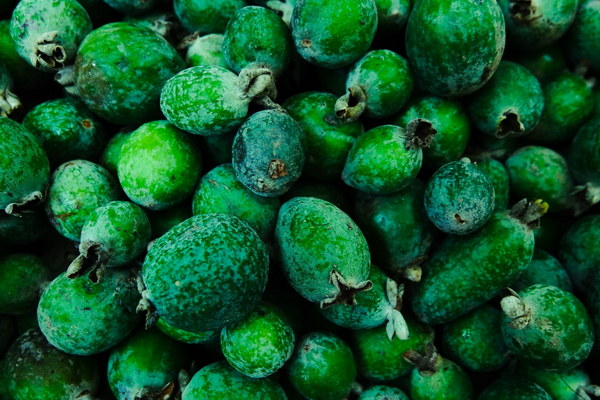Why Pigs Need Liver Care The Importance of Liver Health in Swine
Introduction:
Liver care is not only essential for human health but also for the well-being of swine. Pigs, as livestock animals, play a significant role in agriculture and food production. Ensuring their liver health is vital for their overall productivity and the quality of the meat produced. In this article, we will explore the reasons why pigs need liver care and the importance of maintaining their liver health.
1. Detoxification:
The liver is a vital organ responsible for detoxifying the bloodstream. Pigs, just like humans, are exposed to various toxins and harmful substances through their diet and environment. A healthy liver helps in breaking down and eliminating these toxins, preventing them from accumulating in the body. Failing to maintain liver health in pigs can lead to liver disease, which can have severe consequences for their health and productivity.
2. Metabolism:
The liver plays a crucial role in the metabolism of nutrients. It processes carbohydrates, proteins, and fats, converting them into energy that the pig's body needs to survive and thrive. A healthy liver ensures that these nutrients are efficiently utilized, maximizing the pig's growth and productivity. On the other hand, an impaired liver can lead to metabolic disorders, weight gain, and reduced growth rates in pigs.
3. Immune System Support:
The liver also plays a critical role in the immune system of pigs. It produces immune cells and antibodies that help protect the pig against infections and diseases. A healthy liver ensures that the immune system functions properly, reducing the risk of infectious diseases. Conversely, a compromised liver can weaken the immune system, making pigs more susceptible to infections and diseases, ultimately impacting their growth and productivity.
4. Quality of Meat:
The liver is a vital organ in the pork production industry. The health of the liver directly affects the quality and taste of the meat. A healthy liver produces high-quality meat with desirable flavor and texture. On the other hand, an unhealthy liver can result in poor meat quality, leading to reduced market demand and financial losses for farmers.
5. Pigs' Lifespan:
Maintaining liver health in pigs is crucial for their overall lifespan. Liver disease can progress silently and lead to chronic health issues, reducing the pig's lifespan. By implementing proper liver care measures, farmers can extend the lifespan of their pigs, ensuring a sustainable and profitable agricultural practice.
6. Economic Benefits:
Ensuring liver health in pigs offers significant economic benefits to farmers. Healthy pigs require fewer veterinary treatments, reducing healthcare costs. Moreover, pigs with a healthy liver produce higher-quality meat, which fetches better prices in the market. This can lead to increased profitability for farmers, contributing to the overall growth of the pork industry.

Conclusion:
Liver care is of utmost importance in pig farming. Maintaining the health of the liver in pigs ensures their overall well-being, productivity, and the quality of the meat produced. By understanding the role of the liver in pigs and implementing proper liver care measures, farmers can achieve better economic returns and contribute to the sustainable development of the pork industry.









